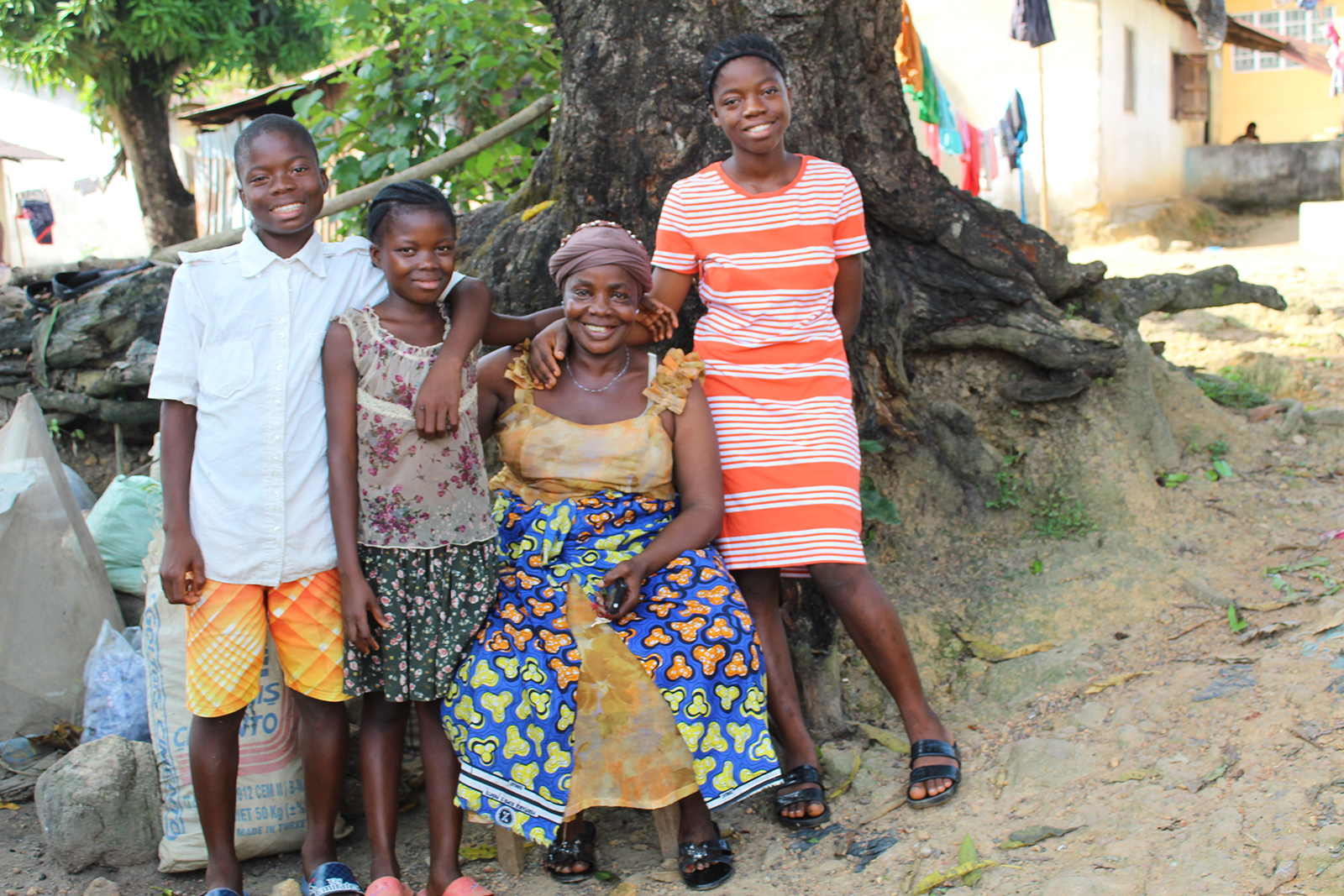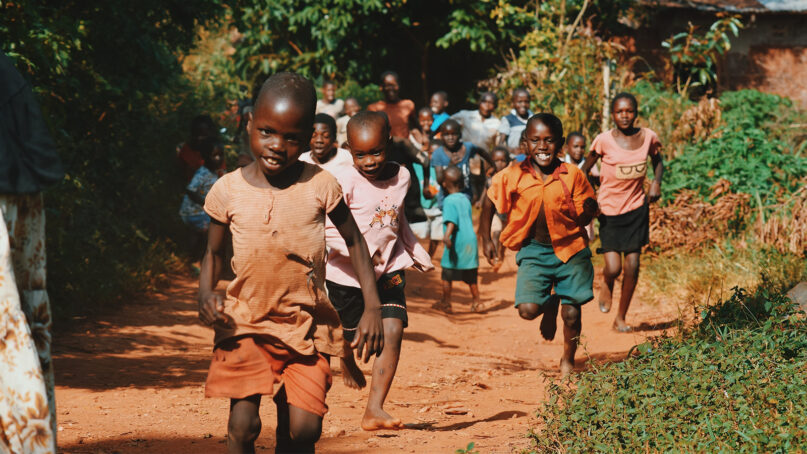(RNS) — This time of year, when we send our kids back to school, is an exciting, albeit nerve-wracking, time. We entrust our children and their futures to teachers each year with the understanding that education is fundamental to their future success.
Families who can’t afford to give their child a school education will often go to great lengths to give their child the same advantages. In fact, education is the reason many children end up in orphanages.
This realization has transformed the organization I work with, Helping Children Worldwide, over the past six years.
HCW began in 2000 as an orphanage in Sierra Leone as the West African country’s brutal 10-year civil war came to an end. We thought we were giving “orphaned” children who came to us the best life possible by providing them with material resources. We began to realize, however, that nearly every child in our care still had a family. They came to the orphanage not because they needed caregivers but to get essentials their families couldn’t afford — food, clothing, an education — and with them, a future.
RELATED: We need equity and justice in vaccine distribution. The church can help.
This is a reality countless vulnerable families around the world are presently facing.
Before we understood that education was a major factor separating children from their families, HCW supplied the children in our orphanage with teachers who came on short-term mission trips from the United States.
The teachers, who would lead intensive schoolwork sessions for two weeks each summer, were skilled and loving American educators, but, truth be told, didn’t know much about the local teaching methods or curriculum. It was a struggle to make a long-term impact in such a short time.

Photo courtesy of Helping Children Worldwide
I was one of those teachers. On my first trip to the orphanage, I taught Shakespeare’s tragedy “Julius Caesar” to high school-age kids. But teaching Shakespeare for two weeks had little to do with the rest of their education. It felt pointless, and I can recall feeling frustrated for them. I asked myself, what good was I really doing?
Then, in 2014, Ebola forced us to stop our missions travel for an entire year. The orphanage ran on its own, without visits or educational trips. I was a part of the first team to return, and one simple lesson I learned while there changed my perspective on missions forever.
I was sitting outside one evening, watching two little girls play. They got into a tussle, and there were suddenly tears. In the past, they would have run into my lap for comfort — but this time, they ran right past me into the arms of their auntie, their primary caregiver.
I realized at that moment this is how it ought to be. These little girls had become attached to a loving and permanent role model in their life. We all came to understand that what was even better than a permanent caregiver at the orphanage was a permanent family.
HCW transitioned from running an orphanage to supporting local communities and families as they care for their children. We prioritize helping families gain valuable life skills through workshops, assisting with school tuition and providing for other financial and material needs. Now, our short-term mission teams focus on empowering communities and families to care well for their own children.
And, by extension, we’ve shifted to teaching the local teachers. Our missionary educators work to empower Sierra Leonean teachers during the summer through a “Teachers Learning Collaborative,” helping each of them prepare to return to classrooms of 100 or more children for the rest of the year.
Next summer, these Sierra Leonean educators will train other local teachers in turn. It’s hard to understate the impact these educators will have and how much joy it brings me to see them making it.
RELATED: Why the future of the world’s largest religion is female – and African
They know the needs of the children they teach in a way no short-term missionary ever could. They are the experts in their classrooms, and we’ve learned so much as we’ve worked alongside them.
Children belong with their families, and their education belongs with the loving and motivated teachers in their own communities. Together, we can empower local change even in the direst circumstances on a scale previously unimaginable — we only have to step back and serve with genuine humility and selflessness.
(Dr. Laura Horvath is director of program development and global engagement at Helping Children Worldwide. The views expressed in this commentary do not necessarily reflect those of Religion News Service.)





